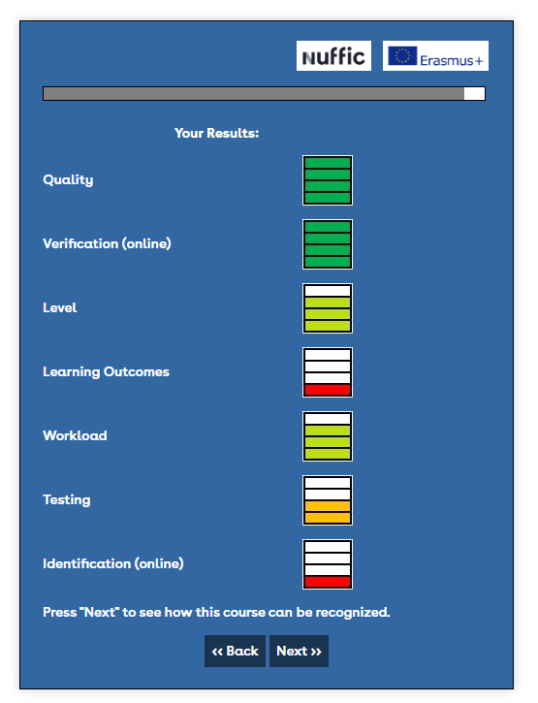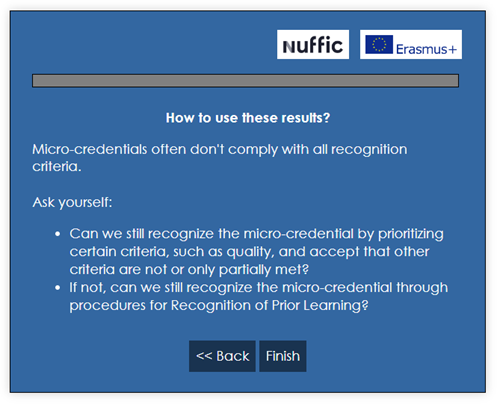
Micro-credentials: flexibility, agility, and quality assurance
Micro-credentials certify the learning outcomes of short-term learning experiences, such as a short course or training. Micro-credentials are key for a labour market with rapidly changing needs. On the one hand, they provide learners with flexibility, also making training more accessible for disadvantaged groups. On the other hand, they allow for more agility of course providers to adjust to new training and learning demands.
Across Europe, the current rapid development of shorter forms of learning creates many opportunities for upskilling and reskilling. For example, in higher education, micro-credentials can be integrated into existing curricula or complement them as a co-curricular activity. At the same time, questions about course quality make recognition of micro-credentials challenging for education providers and employers. Some higher education institutions do not yet have a procedure in place to recognise them easily and reliably.
Micro-Evaluator - online recognition tool for micro-credentials
As a response to this challenge, organisations from six countries joined forces to assist higher education institutions in developing quick and reliable recognition procedures. The consortium, led by the Dutch Nuffic, created the Micro-Evaluator, an open online recognition tool for micro-credentials. With the help of this tool, universities can quickly assess the quality of a course using seven criteria such as level, learning outcomes, and workload. It is possible to assess both fully online and onsite courses, as well as blended courses.
If some criteria are not met, guiding questions for the next steps are presented for consideration.
If you are an admissions officer, a credential evaluator, or simply someone interested in the recognition of qualifications and micro-credentials, make sure to check out the tool here: The Micro-Evaluator | Nuffic.
Background on the project
The tool was developed as part of the Stacking Credits and the Future of the Qualification (STACQ) project. It was coordinated by Nuffic, the ENIC-NARIC of the Netherlands. The project team also included the ENIC-NARICs of Sweden, the United Kingdom, Malta, Lithuania, Ireland, the European Consortium for Accreditation in Higher Education (ECA), the European Association of Distance Teaching Universities (EADTU), and the Art of E-Learning. This initiative received funding from the Erasmus+ programme, which allowed partners to jointly develop the tool.
- Project locations
- NetherlandsIrelandUnited KingdomMaltaLithuaniaSwedenBelgium


